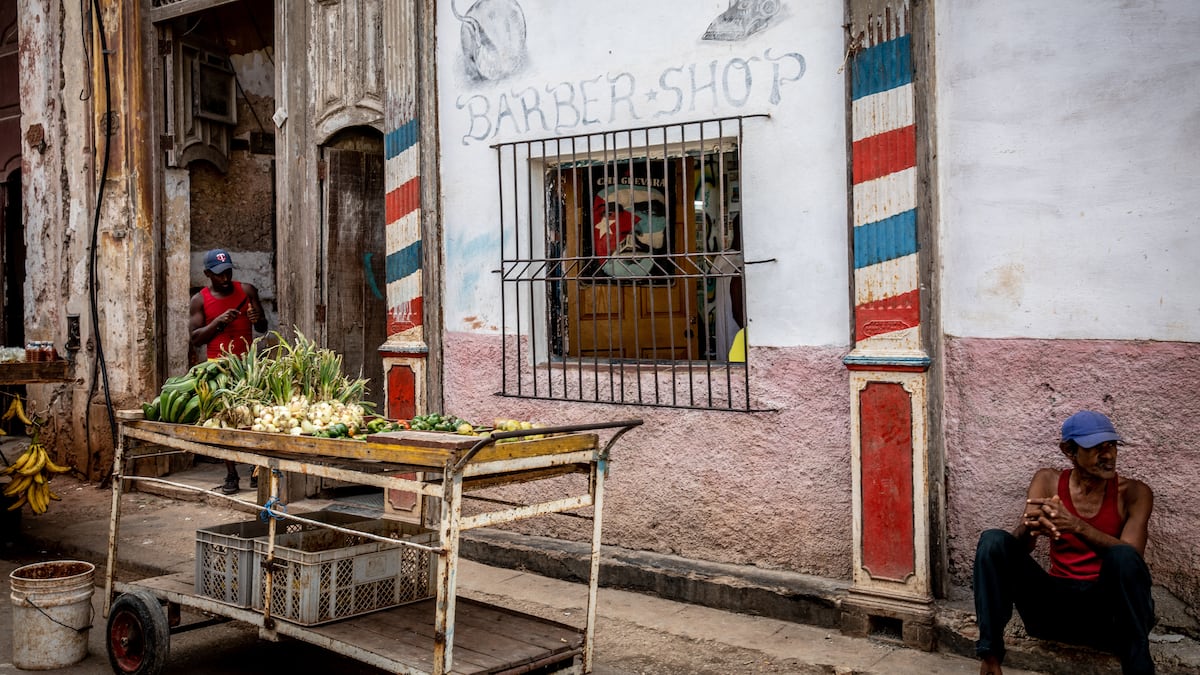The leader of the Lebanese militant group Hezbollah warns arch-enemy Israel of a larger war

BEIRUT: Lebanon’s Hezbollah has new weapons and intelligence capabilities that could help it attack more critical positions deeper inside Israel in the event of an all-out war, the militant group’s leader warned on Wednesday.
Hassan Nasrallah’s comments came as the months-simmering border conflict between Hezbollah and Israel appears to be reaching a boiling point and a day after a senior US envoy met with Lebanese officials in his latest attempt to ease tensions.
“We have new weapons now. But I will not say what they are,” he said in a televised address to commemorate a senior Hezbollah commander killed in an Israeli airstrike in southern Lebanon last week. “When the decision is made, they will be seen on the front lines.”
Hezbollah used domestically manufactured drones loaded with explosives for the first time since the Israel-Hamas war in the Gaza Strip began in October, and also used surface-to-air missiles to drive off Israeli fighter jets.
Nasrallah said in 2021 that Hezbollah had 100,000 fighters, but now he claimed the number was much higher, without giving details. He also said he had rejected offers from allied countries and militias in the region that could bolster his ranks by tens of thousands.
A nearly 10-minute-long video allegedly filmed by a Hezbollah surveillance drone and released on Tuesday shows parts of Haifa – a city far from the Israel-Lebanese border. In his speech on Wednesday, Nasrallah said Hezbollah had much more footage – an obvious threat given that it could reach locations deep inside Israel.
Israeli military chief Lt. Gen. Herzi Halevi visited Israeli air defense soldiers near the border with Lebanon on Wednesday and said Israel was aware of Hezbollah’s capabilities shown in the video and had solutions to these threats.
“We obviously have infinitely greater capabilities,” he said. “I think the enemy only knows some of them and (we) will confront them at the right time.”
Hezbollah, an ally of the Palestinian militia Hamas, has been carrying out almost daily attacks with Israel since the outbreak of the Gaza war on October 7, with the aim of withdrawing Israeli forces from the contested Gaza Strip.
Hezbollah attacks escalated after Israel expanded its offensive on the southern Gaza town of Rafah in May, and increased further in June after an Israeli strike killed senior Hezbollah commander Taleb Sami Abdullah, the highest-ranking militant killed during the Israel-Hamas war.
The Israeli army also announced on Tuesday that it had “approved and confirmed” plans for an offensive in Lebanon, but said the decision to actually launch such an operation must come from the country’s political leadership.
The warnings from both sides followed a visit by Amos Hochstein, senior adviser to US President Joe Biden, who met with officials from Lebanon and Israel in his latest attempt to ease tensions. Hochstein told reporters in Beirut on Tuesday that it was a “very serious situation” and that a diplomatic solution to prevent a wider war was urgently needed.
Nasrallah said a major war with Lebanon would have regional implications and that Hezbollah would attack any other country in the region that supports Israel in the war effort. He pointed to Cyprus, where Israeli troops have been holding training exercises. He suggested that Cyprus could allow Israel to use its bases in the event of a major war.
Cypriot President Nikos Christodoulides then declared that his island state was “in no way involved in military operations in the region.” Cyprus was “part of the solution, not part of the problem,” he said, referring to the sea corridor between Cyprus and Gaza, through which aid supplies are delivered to the Palestinian territory.
Only a ceasefire in the Gaza Strip could end the fighting on the Lebanese-Israeli border or the attacks by Yemeni Houthi rebels and Iraqi militias allied with Hezbollah on Western and Israeli-linked targets.
Israel sees Hezbollah as its greatest threat. In 2006, the two fought a 34-day war that ended in a stalemate. Since then, Hezbollah’s military capabilities have grown significantly. The US and Israel estimate that the group, along with other Lebanese militant groups, has about 150,000 rockets and missiles. Hezbollah is also working on developing precision missiles.
Hezbollah said at least four of its fighters were killed in Israeli strikes on Wednesday as Hochstein returned to Israel for a new round of meetings.
Lebanese state media reported attacks along the border and near the coastal city of Tyre, about 30 kilometers away. The Israeli military said two Hezbollah rockets had damaged several vehicles in northern Israel.
Kamel Mohanna, chairman of the Amel Association, a non-governmental organization that provides health services in various areas of Lebanon, said the association’s health center in the town of Khiam was hit and damaged by Israeli shelling.
Israeli attacks in Lebanon have killed over 400 people, most of them Hezbollah and other militants, but also over 80 civilians and non-combatants. In northern Israel, 16 soldiers and 11 civilians were killed in attacks from Lebanon.
___
Associated Press writers Melanie Lidman and Josef Federman in Jerusalem and Menelaos Hadjicostis in Nicosia, Cyprus, contributed to this report.
___
This version corrected that Hochstein spoke in Beirut on Tuesday and not in Berlin.



